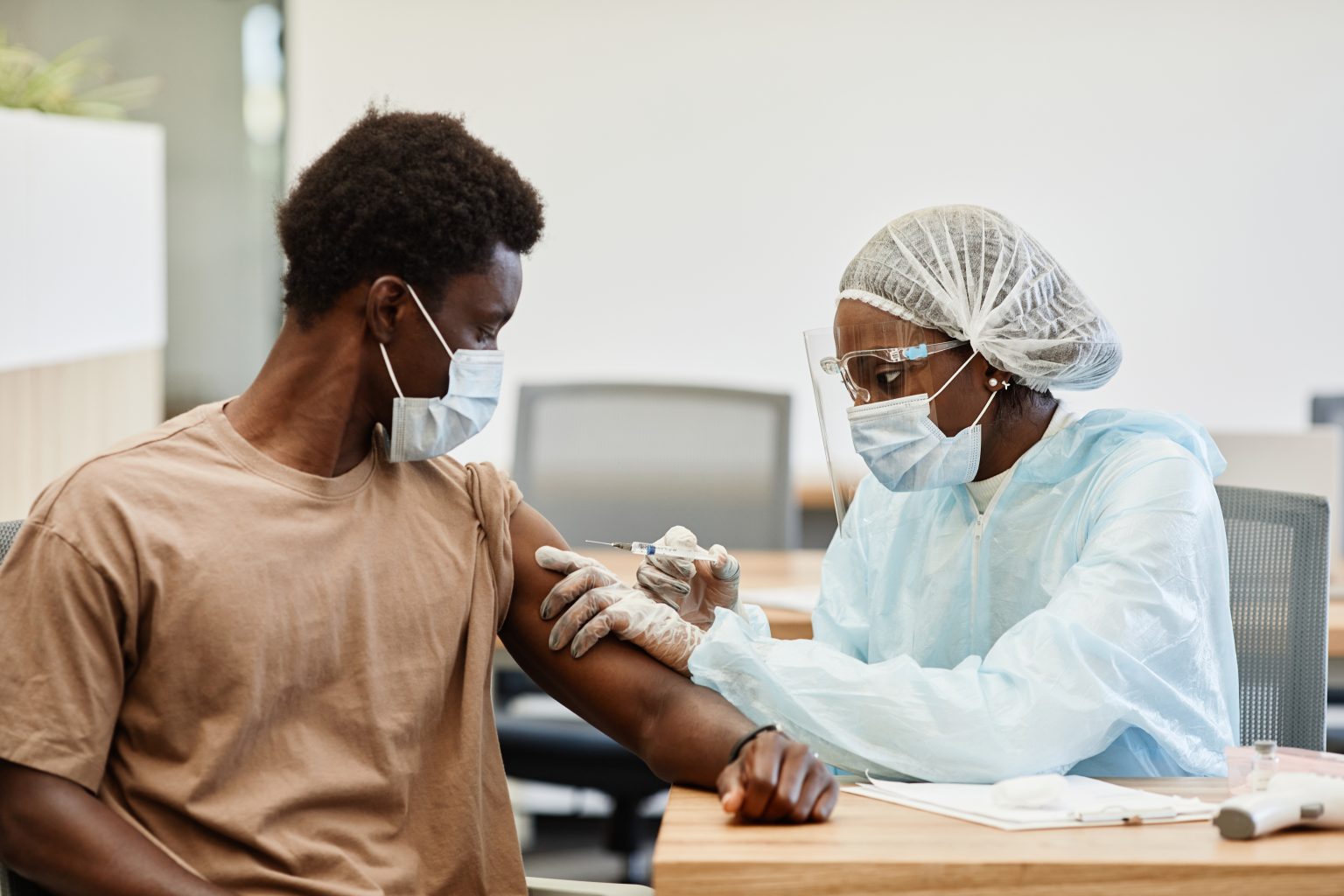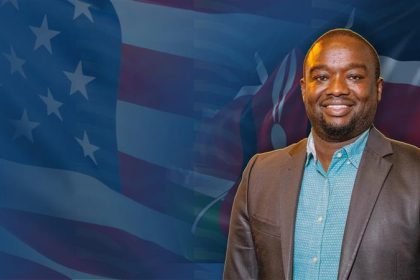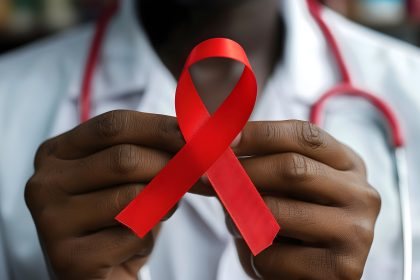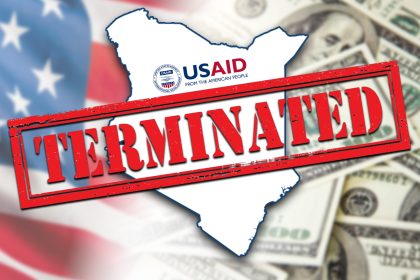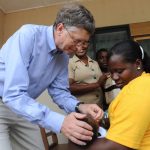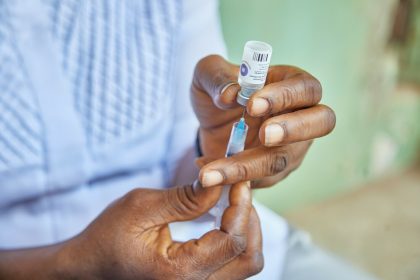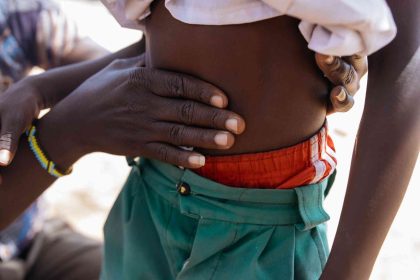Half the vendors surveyed in 10 countries were selling stolen donor-funded diagnostics and USAID-funded drugs.
The United States unveiled the new “America First Global Health Strategy” aimed at ending wastage of health support in Africa and other regions, in what is the most significant shift in global health policy since January this year.
U.S. Secretary of State Marco Rubio praised American global health aid for dramatically reducing deaths and diseases like HIV, polio, and malaria, but warned that up to 60 per cent of it is lost to administrative waste rather than directly helping people.
Through the flagship President’s Emergency Plan for AIDS Relief (PEPFAR), Rubio noted that US health aid has saved over 26 million lives, prevented 8 million babies from being born with HIV, and cut AIDS-related deaths by two-thirds. Annual AIDS related deaths have dropped from 1.8 million in 2000 to 630,000 in 2024, while new HIV infections have fallen by more than half over the same period.
Malaria deaths have dropped by nearly 200,000 a year, tuberculosis deaths by 1.4 million, and life expectancy across sub-Saharan Africa has risen by 11 years.
Economists say the benefits extend beyond health, according to a study by the Kaiser Family Foundation (KFF), which found that PEPFAR countries experienced 2.1 per cent higher GDP per capita growth than they would have without the programme. Political instability also fell: from 2004 to 2011, PEPFAR nations recorded a 40 per cent reduction in unrest, compared to just three per cent in non-PEPFAR countries.
Spiralling inefficiency, waste and culture of dependency in recipient nations
Rubio calls these achievements “something America should be proud of”, but warned of spiralling inefficiency, entrenched waste, and a culture of dependency in recipient nations.
PEPFAR’s own data reveals a striking imbalance. Of its US$4.7 billion bilateral budget, about 40 per cent directly supports frontline delivery like drugs, diagnostics, and healthcare workers. The rest goes to technical assistance, programme management and overheads.
In Uganda alone, U.S. officials tracked 57 “implementing partners” and more than 300 subcontractors in 2024. Tanzania had 38 partners and 350 subcontractors. Collectively, they spent US$678 million on programme management – including one contractor with a US$61 million overhead bill in a single year.
The findings also note that foreign assistance has become an industry where some NGO executives’ pockets over US$500,000 in annual salaries, with a handful surpassing US$1 million. Rubio warned that such “perverse incentives” encourage NGOs to self-perpetuate rather than transition responsibility to local governments.
A 2020–2024 audit of health supply chains uncovered further cracks. Half of the vendors surveyed in 10 countries were selling stolen donor-funded commodities, including diagnostics and USAID-funded drugs. A quarter were distributing them across borders – raising fears of organised crime networks siphoning U.S. aid.
Surveillance network will detect disease outbreaks within seven days
“The American taxpayer deserves accountability,” Rubio said. “Success cannot mean building parallel systems that recipient governments can never sustain.” The continued dependency and countries’ reluctance to adopt and integrate the healthcare programmes into their public health systems is also of concern.
Rubio also singled out dependency as another problem for which three successive administrations made negligible progress, considering that of the 23 largest U.S.-funded health programmes, recipient governments cover just 30–40 per cent of costs. The rest comes from Washington and multilateral donors like the Global Fund.
That ratio has barely shifted in five years, yet “Success should mean programs actually shrink over time,” Rubio argued. “Instead, too many have become permanent fixtures.” The dependency debate has gained traction in Africa, where some governments openly complain of fragmented systems.
The 2025 America First Global Health Strategy thus ought to protect its people while cementing its influence overseas. Its three priorities include: keeping Americans safer, strengthening U.S. leverage abroad, and boosting the country’s economic gains.
At the core of the safety pillar is the speed of maintaining a worldwide surveillance network capable of detecting disease outbreaks within seven days.
US experts helped contain Ebola outbreak in Uganda, Marburg in Tanzania
The USA will assign staff with a health portfolio to every country with a U.S. mission, and “Countries with a higher burden of infectious disease or a higher likelihood of being the source of a future outbreak will have a larger number of U.S. government staff dedicated to the health portfolio,” stated Rubio.
Recent successes include American experts deployed to Uganda to help contain an Ebola outbreak and to Tanzania to tackle the Marburg virus. Neither disease crossed into the United States “Proof that proactive engagement abroad directly safeguards lives and the economy at home,” said one senior health official.
The second pillar is about influence with Aid tied to U.S. bilateral interests, with new multi-year agreements expected by the end of 2025. Funding will be directed primarily into frontline health commodities and workers rather than technical support.
Recipient governments will be required to co-invest, meet set benchmarks, and integrate U.S.-backed digital health systems into their national infrastructure, thus making support more conditional but also potentially more effective in building resilient systems.
Economic advantage is the third plank of the strategy, with U.S. companies expected to benefit directly from global health investments.
Already, Gilead Sciences has struck deals to roll out its new HIV prevention drug, lenacapavir, to two million people across high-burden countries. Since 2010, the Global Fund alone has procured more than US$3.5 billion worth of goods from U.S. corporations, while other multilateral agencies have spent US$12.5 billion.
Supporters argue the doctrine balances humanitarian commitments with American self-interest, ensuring taxpayer dollars deliver both health security and economic returns. For Washington, the message is clear: health abroad is no longer separate from prosperity and security at home – and America intends to lead on its own terms.



